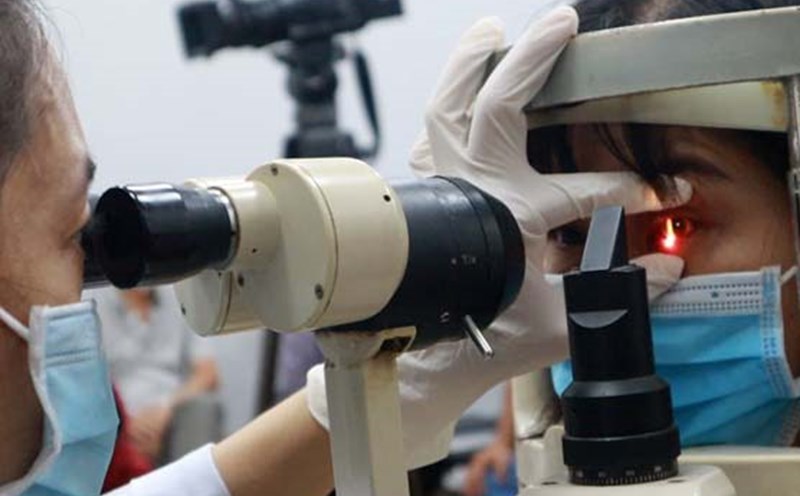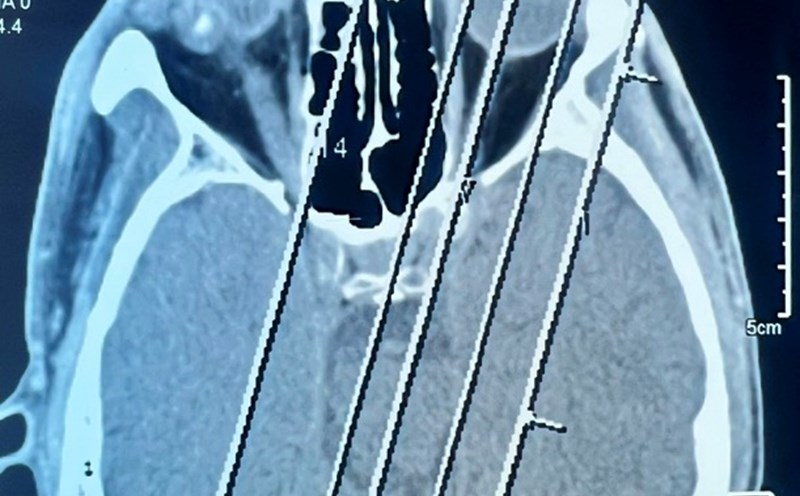Pregnancy brings many comprehensive changes to the body, not only hormonal or physiological but also visual impairment can be affected. Ophthalmologist Aditi Sapovadia at Netradeep Maxivision Eye Hospital (India) explained that these changes are mostly temporary but still need to be closely monitored.
Causes of vision changes
Some key factors that can make your eyes change during pregnancy:
Hormones and hydration: Increased estrogen and progesterone increase water retention, causing cornea (the transparent part in front of the eye) to become slightly swollen. This can change the thickness or curvature of the cornea, leading to blurred vision or a distorted vision.
Dry eyes: Pregnancy hormones can reduce tear production, causing a feeling of dryness, burning, grit or discomfort when looking at a screen for long periods of time or exposed to bright light.
Increased light sensitivity: Some pregnant women become more sensitive to light, easily experiencing brightness or eye pain when going out in the sun or exposed to bright lights.
Changes in eye pressure ( maxillofacial pressure): As pregnancy progresses, especially in the third trimester, many women will have a slight reduction in the pressure inside the eyes. This is usually harmless, but should be checked by a doctor if you have eye problems in advance.
Common symptoms
blurred vision or poor vision, often seen in the last 2-3 months of pregnancy and will recover after giving birth.
Dry eyes due to reduced tear output; some have to reduce contact lens wear time.
Eyelid reflux: Due to water retention, the eyelids can swell, causing vision problems.
Increase sensitivity to light or bright spots, be careful if it persists.
It is not recommended to wear contact lenses because the cornea changes and leads to discomfort or damage.
When to see a doctor immediately?
Some changes can be a dangerous sign, especially if related to pregnancy complications such as preeclampsia or gestational diabetes:
Seeing flashes of light, black spots or sudden blurred vision.
There are signs of preeclampsia: high blood pressure, swelling, abnormal vision. About 25 - 40% of preeclampsia mothers/third parties have eye complications.
Having gestational diabetes can affect the retina and cause blurred vision.
A history of eye conditions such as diabetic retinopathy, glaucoma, or yeoconomicdoms can increase the risk of vision complications.
How to safely protect your eyes during pregnancy
Use artificial tears if your eyes are dry, choose non-preservative ones.
Limit wearing contact lenses, if uncomfortable, switch to wearing sunglasses.
Wear sunglasses to reduce brightness and protect your eyes.
Stay hydrated, reduce salt, get enough sleep to limit water retention and cornea edema.
Increasing nutrients rich in vitamins A and E helps protect the eyes.











